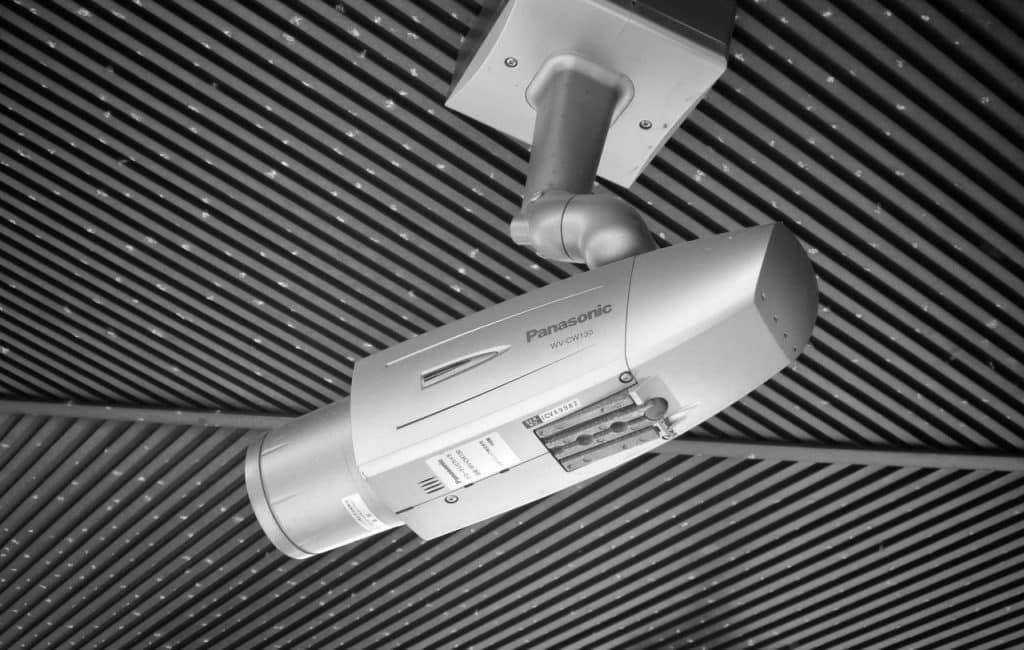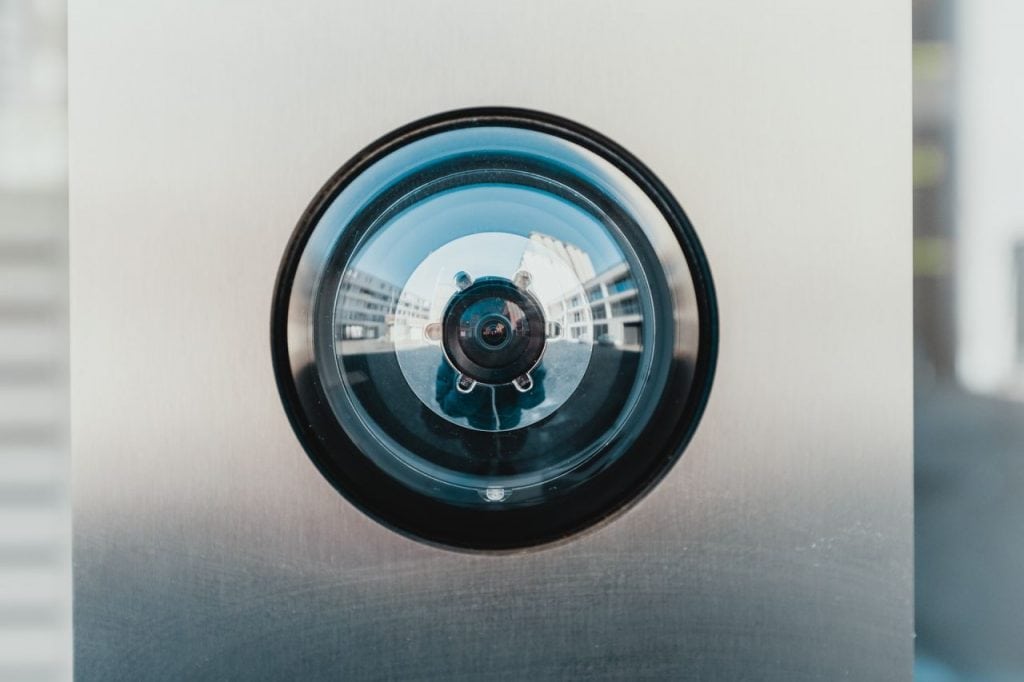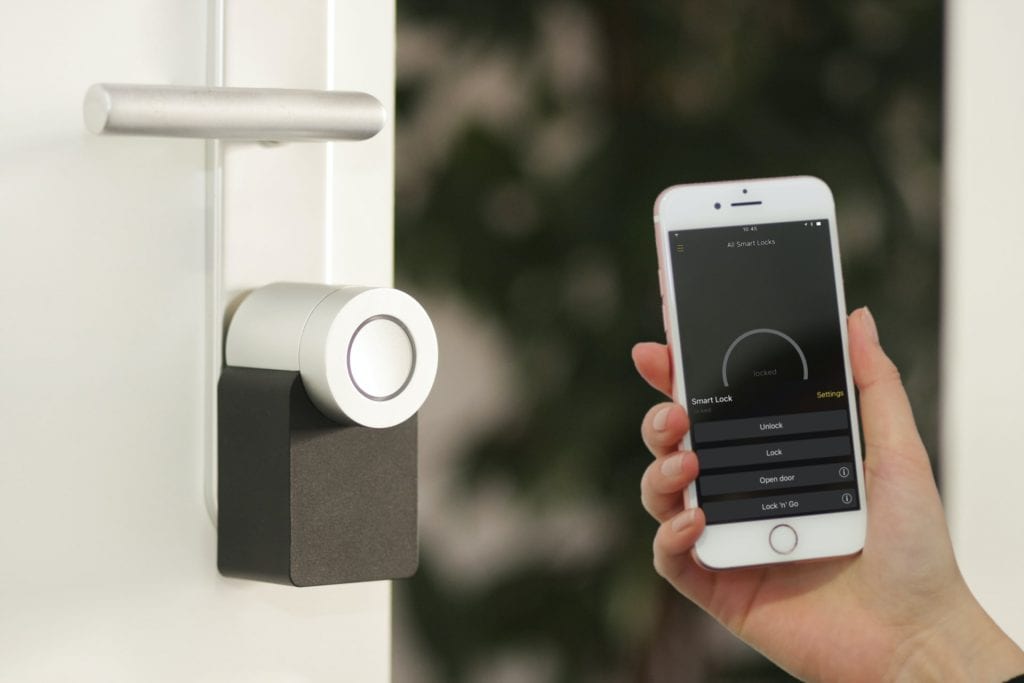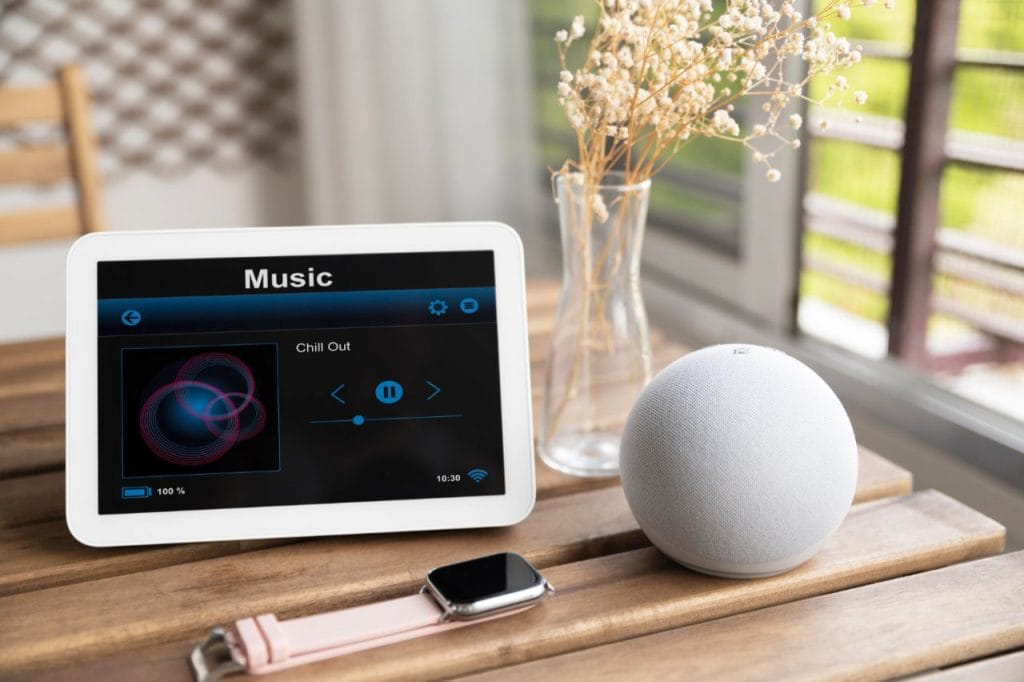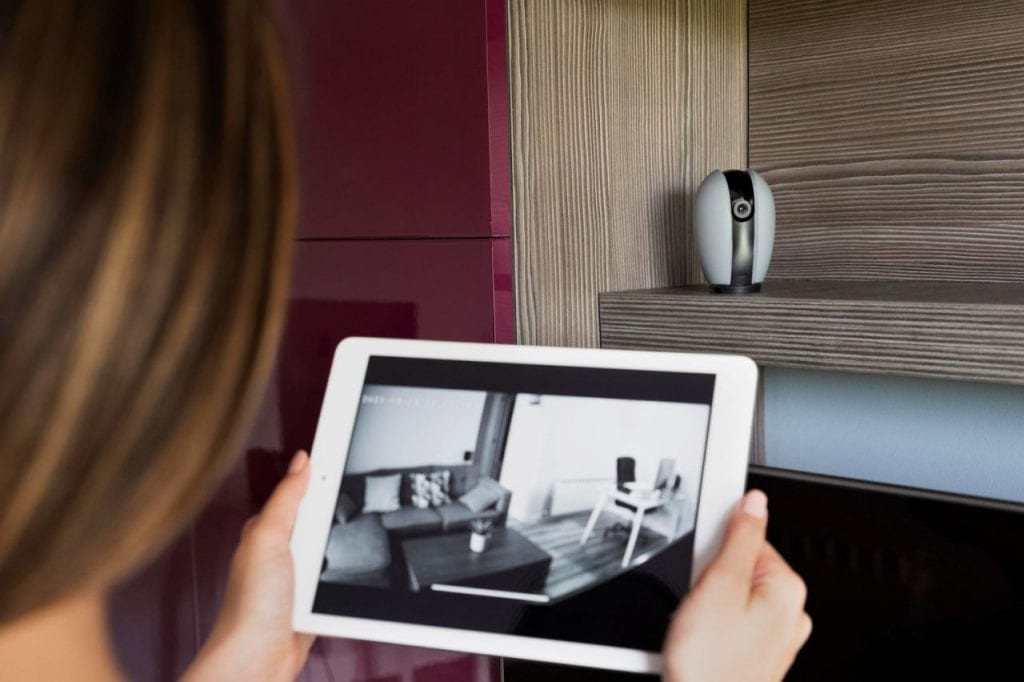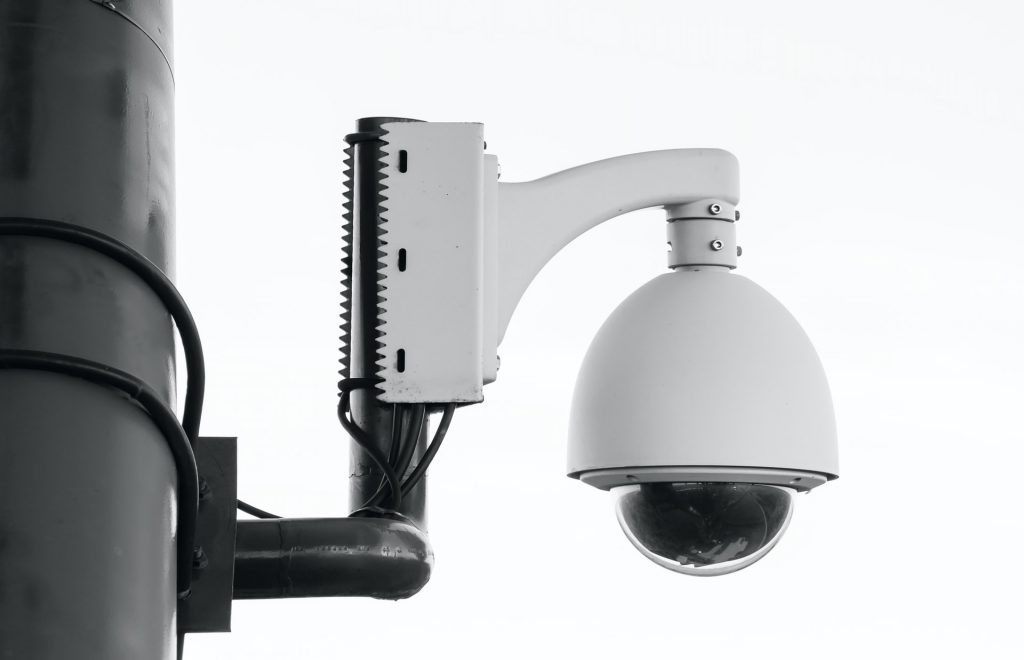There are many different types of home security systems available on the market today. Some are more high-tech and complex, while others are more basic. It can be not easy to decide which system is right for you, but this guide will help you understand the different options available. Remember that no one system is perfect; it's important to tailor the system to your specific needs and lifestyle. Let's take a look at some of the most common home security systems on the market today.
What Is A Home Security System?
At its most generic term, a home security system is a method of securing a property through a system of devices and interworking components.
These security systems usually come in the form of interconnected electronic devices with the main control panel to safeguard your home against robbers and other potential dangers.
A regular home security system includes:
- a control panel that controls the entire security system
- wireless or wired security cameras
- exterior and interior motion sensors
- door and window sensors
- window stickers and yard signs
- a high-decibel alarm or siren
Security System FAQs
Can It Be Hacked?
ADT Pulse Cameras are not capable of being hacked like these DVRs can. However, if something has hacked it, here's what you need to do: Update your firmware. To ensure you have the most up-to-date firmware, we recommend contacting ADT.
How Do Door Alarms Work?
A door and window alarm sensor work using a sensor and a magnet. The sensor is placed on or inside the door or window frame. As soon as the magnet separates from the sensor, an internal reed switch inside the sensor will become tripped. When this happens, the sensor will signal the alarm system.
Will House Alarm Go Off If Battery Dies?
Bottom Line. Yes, house alarm systems work with no electricity as long as there is a backup power source. But you should keep in mind that even with a backup, there is still the potential for the power source to go out, and the house alarm will go off if the battery dies.
How Long Should A House Alarm Battery Last?
A useful lifespan of around 3 to 4 years is typical. A 3v lithium battery usually powers wireless devices such as door contacts and movement detectors; life expectancy is determined by how often the device sends a signal to the control unit.
Do House Alarms Have Batteries?
Alarm batteries in the panel act as a vital backup if there is a major power loss. If fully charged and in working order, a panel battery can keep your alarm working for up to 12 hours without mains power. Batteries in wireless sensors are their only source of power.
Types Of Home Security Systems
Having a home security system in today’s world is not just a good idea – it’s essential.
The world is a dangerous place. More than two million burglaries are committed in the United States each year. You don’t want to take a chance that you are one of the lucky ones.
Having a great security system can make a big difference in how you feel. You will be at peace when you go to sleep at night. You will feel confident when you head out to work in the morning.
Knowing that your home, family, and property is safe is the peace of mind that everyone deserves.
Of course, when you look at the different options on the market for these security systems, it can get overwhelming rather quickly.
Let’s look at the various types of home security systems out there and break them down into simple to understand chunks. This will help you on your journey to choosing a quality system that’s right for you and your home.
Local Alarms
A local alarm system is the most basic type of alarm system you can get.
They are unmonitored, and they are very simple. They include sensors, which you place on your doors and windows.
The sensors have two parts, similar to the wired and wireless systems. The only difference is that they aren’t connected to a control panel. They are individual. This type of system may also include motion detectors.
The concept is quite simple. When the circuit is broken, an alarm sounds. The alarm sound comes right from the sensor itself.
Later, we’ll go into the pros and cons of this system, as well as all of the other options.
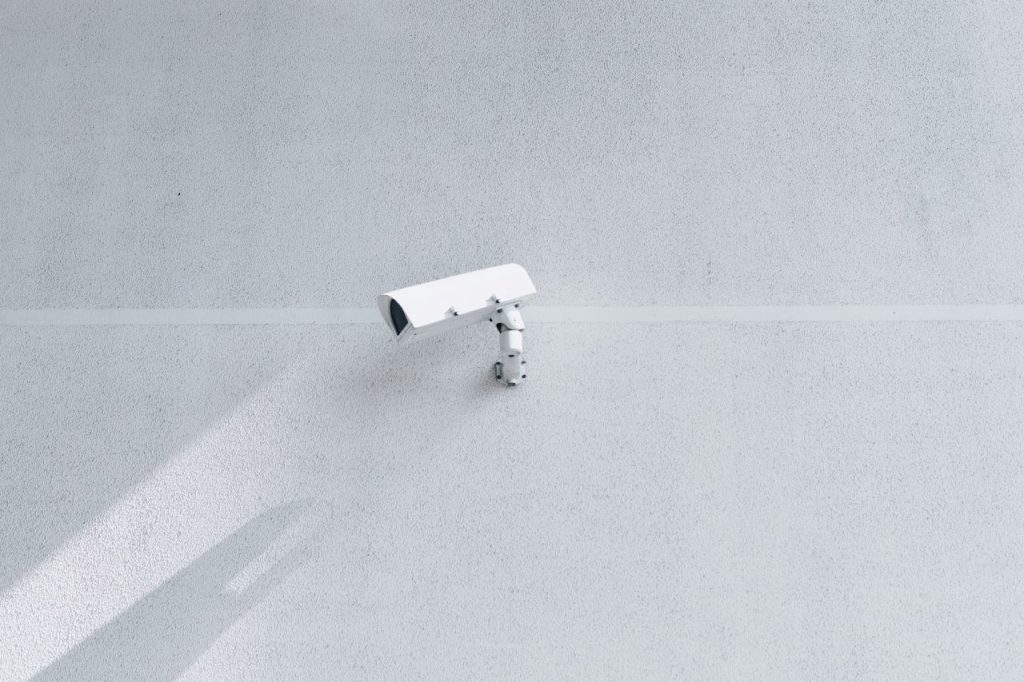
Wired Alarm Systems
The wired alarm systems are a traditional option that has been popular for several years now. This system includes a control panel, wired sensors, and motion detectors. The cameras included with this system are wired as well.
When someone or something trips the system, the alarm sounds. If the system is monitored, then the monitoring company can try to contact the homeowner or business owner and emergency services.
Wireless Alarm Systems
The wireless alarm systems work very similarly to the wired systems. The most important difference is the absence of wires.
When a sensor or motion detector goes off, the alarm sounds. If the system is monitored, you and the authorities can be notified.
Of course, the details depend on the provider you have chosen for monitoring and the system you have in place. Even though it is wireless, it is possible to get cameras with the system.
Pros And Cons Of Local Alarms
The only real advantage that the local alarms have is their cost.
These systems can often be found in department stores and online for under $100. They are also extremely easy to install.
They usually come with batteries, and then you need to place them around your home on the windows and doors according to the directions.
While these are easy and cost-effective, they don’t add much to security.
There is no monitoring, and these alarms are relatively easy to disable. It could be a temporary option for those on a budget. If you are saving up for an actual wired or wireless system, you could use it for a short time. However, it’s the weakest of your choices.
Pros And Cons Of Wired Alarm Systems
The wired alarm systems are a step up from the local alarms. These devices have a lower price than wireless systems, and since they are wired, you don’t have to worry about batteries to power the system.
However, there are certainly some drawbacks to this type of system. One of the biggest drawbacks is the installation process. Unless the home is already set up for the wiring from a previous owner, you need to drill holes in your wall to accommodate the system.
It is possible to install the system on your own. However, it will likely require a professional since it is more complicated. This could negate the fact that the system's price is lower than wireless.
If you eventually plan to move out of the home, the system is much more difficult to take along with you. It’s possible, it just takes longer, and you have to go through the setup process again at your new place.
Pros And Cons Of Wireless Alarm Systems
Wireless security systems are becoming very popular for homeowners and renters alike.
These systems are easy to take with you when you move. Just pack up the items, move them to your new place, and hook everything up again. In addition, the installation tends to be very easy. This means even those who are not technologically savvy can use these systems.
Even though it is possible to install yourself, you might still want to work with a professional installer. They can make sure that everything is set up properly the first time.
While these are a good option for many people, there are some potential drawbacks that you need to know.
First, these work on batteries, which means you need to remember to replace those batteries. The batteries they use are high quality, though, so you will only have to change them once every couple of years.
Also, the equipment for the wireless systems costs more than the wired systems.
What’s The Best Type Of Security System For Your House?
If you own your own home or rent a house, you will likely want to choose a wireless security system. It’s the easiest option in most cases.
However, if the home is already wired for a system, you might find it a faster and easier solution to go wired instead. You will want to stay away from the local alarms.
If you live in an apartment or even a condominium, you will find that wireless systems are the best option.
That’s because they are easier to install. Those in apartments won’t be able to drill holes in the walls for a security system, so the wireless system makes perfect sense.
Again, the local alarms are a last resort. But, of course, in a small apartment, they will be more feasible to use than a wired system.
What’s The Best Type Of Security System For Your Business?
If you have a business, you want to keep it just as safe as you do your home.
You have merchandise, information, money, and more in the business, and you can’t let thieves destroy your livelihood. So you need a security system. Wireless systems can work quite well for businesses.
However, if the business is already wired for a system, you can do with a wired system. You don’t want to use local alarms here as they are ineffective. They might be able to scare off any intruder, but that’s not something you want to rely on.
What Companies Offer Alarm Systems?
Several companies offer these types of systems. Some of your options include Doberman Security and Sabre.
Wired systems are available from Protect American, Vivint, ADT, and FrontPoint.
Many of these companies also offer wireless options. However, protection 1 Security Solutions only offers wireless security equipment.
There are many different manufacturers out there offering these systems and services. When choosing the company and the system, make sure you do plenty of research.
You want to find a company that has a great reputation for their equipment, as well as the way they treat their customers. This is especially important if you will be working with a company to monitor your alarm system.
Which Of The Alarms Systems Can You Install On Your Own?
It is possible to install many of the different alarm systems on your own.
The local alarms take just minutes to set up, and the wireless systems are relatively easy.
The wired systems can be more problematic. This is especially true if you have to drill holes in your property.
It might be possible to take care of the installation of a wired system on your own. It is rarely a good idea, though.
You want to make sure it is done the right way. You do not want to make any needless holes in your home if you can help it. With wired, it is generally the smart move to hire professionals.
Other Features To Consider
When looking for a home security system, check and see what other features might be available. You can often find options in addition to the basics and monitoring.
Some of the companies will offer fire and carbon monoxide protection and monitoring. In addition, some companies may offer glass break sensors, panic buttons, additional motion detectors, and around the clock video monitoring.
Types Of Burglar Alarms And Security Lighting To Protect Your Home
Home Security Systems allows you to secure your home by deterring intruders. In this project, we cover the most common burglar alarms - wired, un-wired and monitored - and look at different outdoor security lighting options. Find out what home security systems are available and which will work best for you.
We all like to feel secure at home, and the idea of being robbed is upsetting for all of us. There are steps you can take to improve home security and make you feel more secure:
- Put off burglars from attempting to gain access by fitting security lighting, CCTV cameras, and burglar alarms
- Stay in control by having secure door entry systems, so you only let in people you trust
- Raise the alarm if someone tries to get into your home. A burglar alarm may be all it takes to send them packing
- Gather the evidence by fitting CCTV security cameras
Don’t forget that as a bonus, an alarm will also normally reduce your home insurance premium – but you must set it to benefit from these reduced premiums.
Different Burglar alarms have different ways of detecting an intruder. They also have various methods of raising the alarm.
These can vary from loud noises, bells and bright lights to informing a security centre or even yourself via an SMS text to your mobile phone. They may also include a combination of the above. The common alert types for home security systems are as follows:
- Bells-Only Alarms: This alarm type normally only features an alarm system. When a sensor is tripped, e.g. a door is opened, or a motion detector picks up movement, the system will trigger the alarm bells to start ringing and alert anyone in the surrounding area. The disadvantage of this is that it depends on whether anyone takes notice and responds.
- Notification Alarms: When the system is triggered, a response is sent to a monitoring centre, or an email or text message is sent to a designated phone number or email address, alerting the recipient to a potential break-in. Speech dialers also fall under this category, and they are designed to call a set of phone numbers until they receive a response or can leave a message.
When it comes to the sensors or detectors, home security systems tend to use two main types:
- Magnetic Contacts: Magnetic contacts on doors and windows are attached to either side, e.g. the fixed window or door frame and to the opening section and when closed, create a circuit, but when they are separated, i.e. the circuit is broken, the alarm is activated. These sensors can come in a range of different types and styles. An example can be seen below:
- Interior Passive Infrared Detectors (PIR’s) detect movement and body heat within a defined arc and then activate an alarm, like the one shown below. This is the most common type of detector used in burglar alarms. As with most modern systems, they can either be hard-wired to the main control panel or operate wirelessly.
Diy Alarms
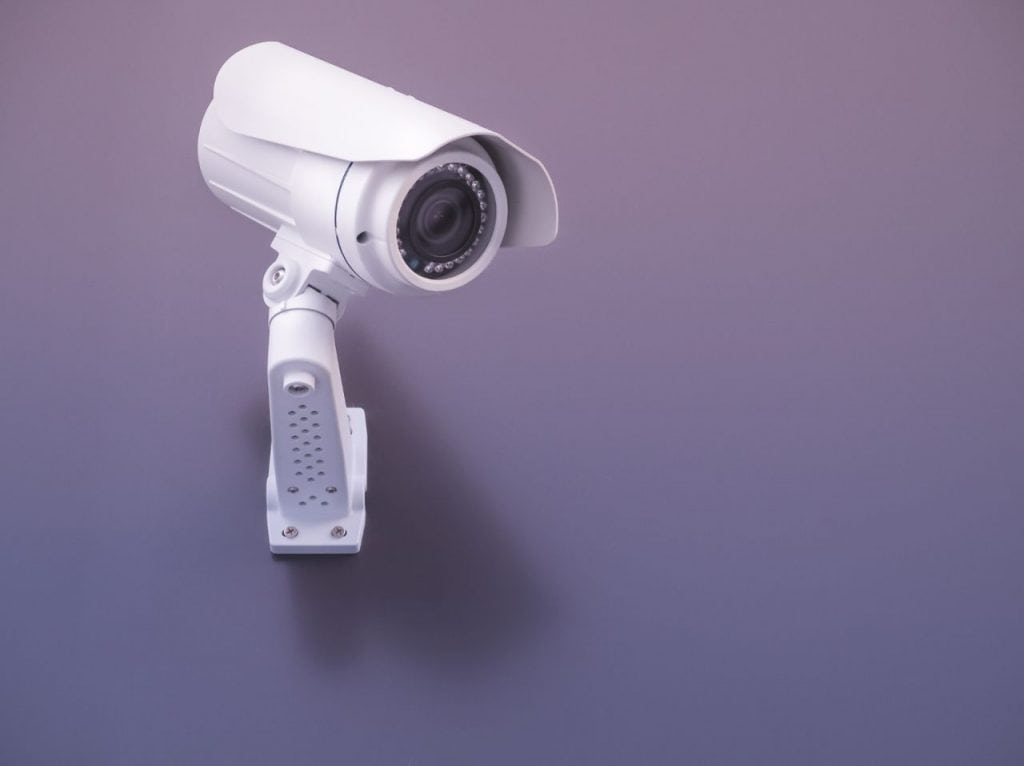
If you are a fairly competent DIYer, you will be able to fit a self-install security system with no problems. This is a great option if you are on a budget.
DIY security alarm kits are available in a vast array of options, such as wired or wireless. The latter is easier and quicker to install, but both feature upgrade options such as extra PIR’s, magnetic contacts, cameras and remote controls.
Most kits are also available as bells-only or notification versions. The latter may be a little tricky to set up as it might involve configuring app’s and sim cards etc., so reading and following the instructions is essential.
One thing to note is that it is very unlikely that you will be able to use a DIY installed kit alarm kit in a ″monitored″ setup (see below). This is because most companies supplying a monitored service will insist that the system is installed by one of their engineers.
With either type, you can ‘personalise’ your system with a PIN that activates and deactivates the alarm.
There are no ongoing monthly fees with a DIY package, as there is no control centre involved.
Monitored Alarms
The main benefit of a monitored alarm is that you know it won’t be ignored if it goes off. How many times have we just turned over and gone back to sleep if we hear an alarm in the night?
Monitored alarms are linked to a security centre that is operated 24-hours-a-day. They will alert one or more of your nominated key holders.
These alarms are fitted by a professional recommended by or employed by the security company.
You pay a monthly fee depending on the service you choose. These monitored burglar alarms are more expensive than off-the-shelf kits, and you have to factor in the monthly fees they attract, but if you live in a vulnerable property, you might think the extra money is well spent.
There are now quite a few companies supplying these services both local to many regions around the UK and some of the more well-known national brands such as ADT. Most will offer a maintenance contract for your alarm system in most situations. This can include remote error checking and also on-site checks and repairs.
There are normally several levels of security cover when it comes to ″paid for″ services:
Keyholder Monitoring
This service is normally supplied through your monitoring company. Depending on the level of support, the company will either send out one of their security officers to inspect your property or contact your nominated keyholder.
In terms of your nominated keyholder, common stipulations are that they need to be within a 20 – 30 minute car journey from the property (so they must be capable of driving) and have a set of keys that will enable them to access the property. If you change your locks, you must supply your keyholder with a new set; this is your responsibility!
It is also your responsibility to keep the monitoring company up to date with the name(s) and contact details of your chosen keyholder and supply second and sometimes third options if the primary contact is unavailable or away.
Police Monitoring
This level of support ensures that your monitoring company is notified of any breaches in your security system and your local police station (normally contacted by the monitoring company).
Under most contracts, for the police to be called out, at least two sensors within the property must be tripped (e.g. a door sensor and a motion detector).
Although this sounds like a great feature, there are a few things to be aware of in that firstly your monitoring company must be registered with the local police, secondly that this does not necessarily ensure that the police will attend promptly as it depends on what else they are dealing with at the time and thirdly if they respond to three false callouts within 12 months, then you will be struck off the list, and they will not respond again.
Which Alarm System Is Right For You?
As you can see, there are several different options for finding a system that works for your home. Therefore, you have to consider many things when making your decision.
Think about your budget, the size of your home and whether you are renting or owning the property. Also, consider whether you plan to move shortly. If you will only be on the property for a couple of years, it makes more sense to use a wireless system.
- Monitored Alarm. A monitored alarm is different compared your traditional security alarm. ...
- Smoke Alarm. A smoke alarm is a commonly used alarm system. ...
- Intruder Alarm. ...
- CCTV Cameras. ...
- Security Guard.
- Monitored Security Systems.
- Unmonitored Security Systems.
- Wireless Security Alarm Systems.
- Wired Home Security Systems.
- Vivint. : Best overall.
- Frontpoint. : High-end DIY pick.
- SimpliSafe. : Reader favorite.
- Cove. : Best customer experience.
- ADT. : Trusted brand name.
- Abode. : Best DIY automation security system.
- Ring Alarm. : Best outdoor cameras.
- Blue by ADT. : Best optional monitoring system.
